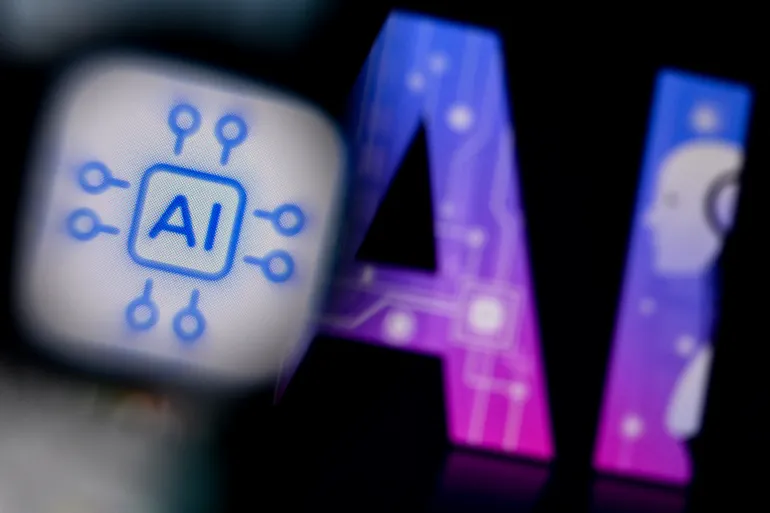AI(AI) The rapid growth has prompted the question: who exactly is most likely to embrace AI in their daily lives?

Many believe that the tech-savvy and those who understand how AI works are undoubtedly its most passionate fans. However, a new study published in the Journal of Marketing comes to a surprising conclusion:People who knew less about AI were more likely to use the technology. The researchers call this difference in acceptance tendencies the "low awareness-high acceptance" correlation.
1AI notes that this correlation has been validated across different groups, environments and even countries. For example, researchers analyzed data from market research firm Ipsos covering 27 countries and showed thatCountries with lower average AI awareness are more accepting of AI than those with higher AI awarenessSimilarly, a survey of U.S. college students found that students with less knowledge about AI were more likely to use it for tasks like academic assignments. Similarly, a survey of U.S. college students found that students who knew less about AI were more likely to use it for tasks like academic assignments.
This study reveals the reason behind this association:AI is now able to perform tasks that we used to think only humans could do.When AI creates art or writes heartfelt responses or plays a musical instrument, it feels almost magical -- as if it's crossing over into the human realm. When AI creates a work of art, writes a heartfelt response, or plays a musical instrument, it can feel almost magical -- as if it's crossing over into the human realm.
Of course, AI doesn't actually have human qualities. A chatbot may generate an empathetic response, but it doesn't feel empathy. People with more technical knowledge of AI know this, and they understand how algorithms, training data, and computational models work. This makes the technology less mysterious.
On the other hand, those who know less about AI may view it as magical and awe-inspiring. Researchers believe thatThis mystique makes them more open to using AI tools.
Research shows thatThe "low perception-high acceptance" correlation is most evident when using AI tools related to human attributes, such as providing emotional support or counseling. The pattern reverses for tasks that don't evoke human-like qualities, such as analyzing test results, and those with higher levels of AI awareness are more likely to embrace these applications because they are more interested in the efficiency of the AI than in its "magical" qualities.
Interestingly, even though people with lower levels of AI awareness are more likely to view AI as less capable, less ethical, and even more frightening, the low awareness-high acceptance correlation persists. Their openness to AI seems to stem from their curiosity and wonder at what AI can do, even though they are aware of the potential downsides.
This poses a challenge for policymakers and educators. Efforts to raise the level of AI awareness may inadvertently reduce people's enthusiasm for using AI by making it seem less magical. This creates a delicate balance between helping people understand AI and keeping them open to adopting it. To maximize the potential of AI, businesses, educational institutions, and policymakers need to capture this balance.